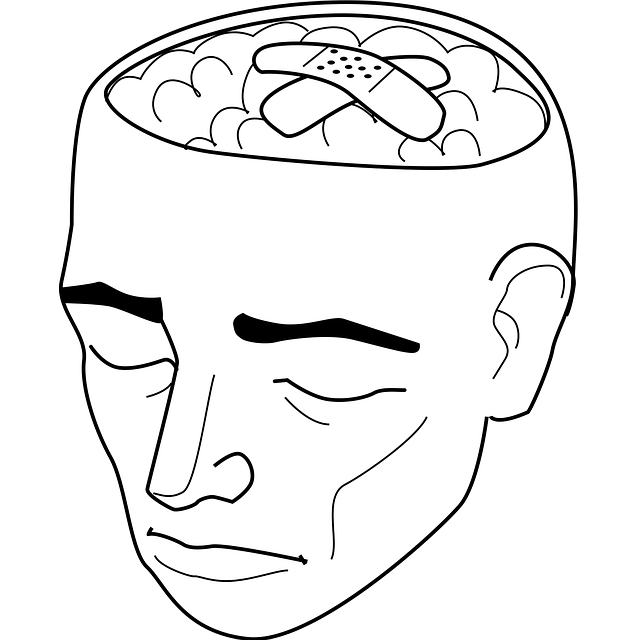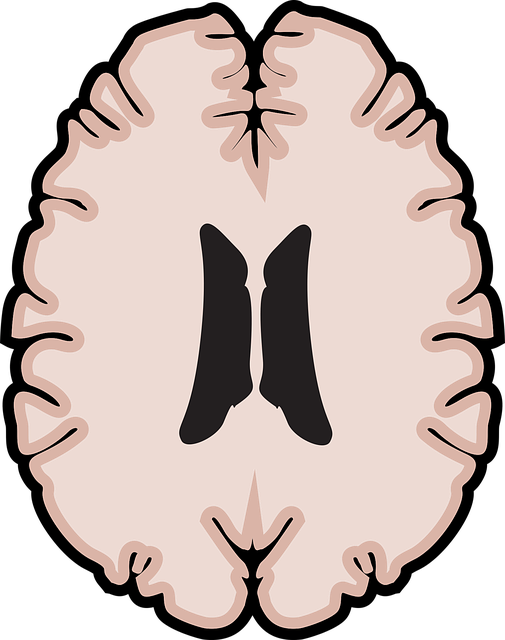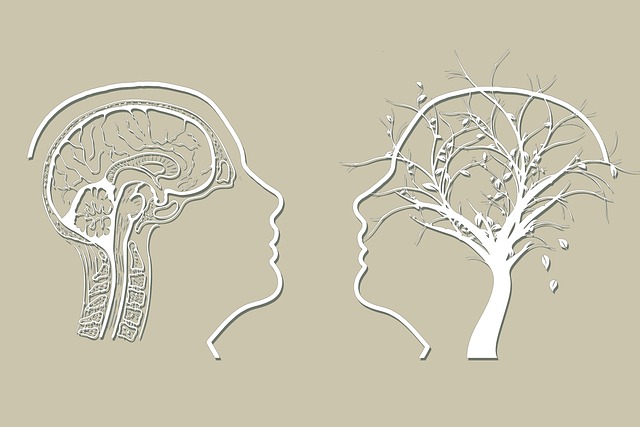Mental health crisis hotline services in Wheat Ridge provide 24/7 support for acute emotional distress, offering immediate assistance through trained professionals. These hotlines cater to various needs, including specialized care for dissociative disorders like Wheat Ridge Dissociative Disorder Therapy, utilizing tailored communication and evidence-based practices. They connect individuals with resources for ongoing treatment, risk assessment tools, and specialized programs like stress management workshops and podcasts. Beyond crisis intervention, these services focus on long-term recovery by teaching emotional regulation, coping strategies, and self-awareness to foster resilience and overall mental well-being.
In today’s fast-paced world, mental health crisis hotline support services serve as a crucial lifeline for individuals grappling with emotional distress. This article explores the critical role of these hotlines in providing immediate assistance and guiding those in need towards recovery. We delve into specific services like Wheat Ridge Dissociative Disorder Therapy, which offers specialized crisis support. Understanding the importance of qualified professionals, we examine training requirements and post-crisis care strategies that foster resilience. By shedding light on these key aspects, this guide aims to enhance access to effective mental health resources.
- Understanding Mental Health Crisis Hotlines: A Lifeline for Many
- The Role of Wheat Ridge Dissociative Disorder Therapy in Crisis Support
- Accessing Emergency Psychological Assistance: Who Answers the Call?
- Training and Qualifications: Ensuring Skilled Support During Crises
- Post-Crisis Care and Recovery: Building Resilience After a Hotline Interaction
Understanding Mental Health Crisis Hotlines: A Lifeline for Many

Mental health crisis hotline support services serve as a crucial lifeline for individuals experiencing acute emotional distress or facing a severe mental health crisis. These hotlines, often staffed by trained professionals, provide immediate assistance and guidance 24/7. They are designed to offer a safe, non-judgmental space where people can express their feelings and concerns without fear of stigma. Services range from active listening and crisis intervention to providing resources for ongoing treatment and support.
For individuals suffering from conditions like Wheat Ridge Dissociative Disorder Therapy, these hotlines offer vital access to immediate care. They employ communication strategies tailored to address complex emotional needs, employing techniques that promote emotional well-being and help mitigate risks. Mental health professionals who utilize crisis hotline services also benefit from risk assessment tools that enable them to make informed decisions and offer the best possible care to those in need.
The Role of Wheat Ridge Dissociative Disorder Therapy in Crisis Support

Wheat Ridge Dissociative Disorder Therapy plays a pivotal role in crisis support services, offering specialized care for individuals grappling with dissociative disorders. In moments of intense distress, this therapy provides a safe space for clients to process their traumatic experiences and regain control. Therapists at Wheat Ridge are trained in crisis intervention guidance, utilizing evidence-based practices to help individuals navigate turbulent emotions and behaviors.
Through self-awareness exercises and conflict resolution techniques, clients gain insights into their dissociation triggers and develop coping strategies. The ultimate goal is to empower individuals to manage crises effectively, restore balance in their lives, and foster a sense of stability and resilience.
Accessing Emergency Psychological Assistance: Who Answers the Call?

When a mental health crisis arises, whether it’s a sudden overwhelming emotion or a spiraling thought pattern, accessing immediate support can make all the difference. Mental health hotline services, often staffed by trained professionals, are a vital resource for those in distress. These hotlines provide a safe and anonymous space for individuals to express their struggles, receive guidance, and connect with appropriate care.
In many cases, these services cater to specific needs like Wheat Ridge Dissociative Disorder Therapy, offering specialized knowledge and approaches to address complex mental health challenges. The people answering these calls are not just operators; they are advocates who cultivate compassion and understanding. Through active listening and effective communication, they help individuals navigate their emotions, provide valuable resources, and offer a sense of calm amidst turmoil. Public Awareness Campaigns Development plays a crucial role in promoting these services, ensuring that those in need know where to turn during crises, fostering a culture of mental health literacy and support.
Training and Qualifications: Ensuring Skilled Support During Crises

Mental health crisis hotline support services rely heavily on the expertise and qualifications of their staff to provide effective aid during crises. Operators must possess specific skills, knowledge, and certifications to handle a wide range of issues, from managing acute distress to identifying signs of severe mental disorders like dissociative disorder therapy in Wheat Ridge. This includes comprehensive training in risk assessment for mental health professionals, enabling them to gauge potential dangers and implement appropriate interventions.
Beyond standard crisis intervention training, many organizations also offer specialized programs such as stress management workshops and the production of mental wellness podcast series. These initiatives enhance the support staff can offer, providing valuable resources for individuals seeking help. By continuously updating their skill sets and staying abreast of best practices, hotline professionals ensure that they deliver skilled, compassionate, and evidence-based care to those in need.
Post-Crisis Care and Recovery: Building Resilience After a Hotline Interaction

After an initial crisis is resolved through a hotline interaction, providing continued support and care is crucial for long-term recovery. This post-crisis phase is where individuals can begin to rebuild their lives and develop strategies to prevent future mental health crises. One key aspect of this process is emotional regulation, which involves learning healthy coping mechanisms to manage stress and difficult emotions effectively.
Services like Wheat Ridge Dissociative Disorder Therapy offer specialized support tailored to individual needs. Through therapy sessions, clients can explore underlying causes of their dissociative episodes or other mental health struggles, enhancing self-awareness and emotional intelligence. Additionally, these programs often incorporate burnout prevention techniques and stress reduction methods, empowering individuals with tools to maintain resilience and promote overall well-being.
Mental health crisis hotline support services, including specialized programs like Wheat Ridge Dissociative Disorder Therapy, play a pivotal role in providing immediate assistance and long-term care for individuals facing severe emotional distress. By ensuring access to qualified professionals with diverse training, these hotlines offer a crucial safety net during times of crisis. From initial intervention to post-crisis recovery, each step is designed to build resilience and promote healing. Understanding the available resources empowers us to connect those in need with the appropriate support, ultimately fostering better mental health outcomes.














